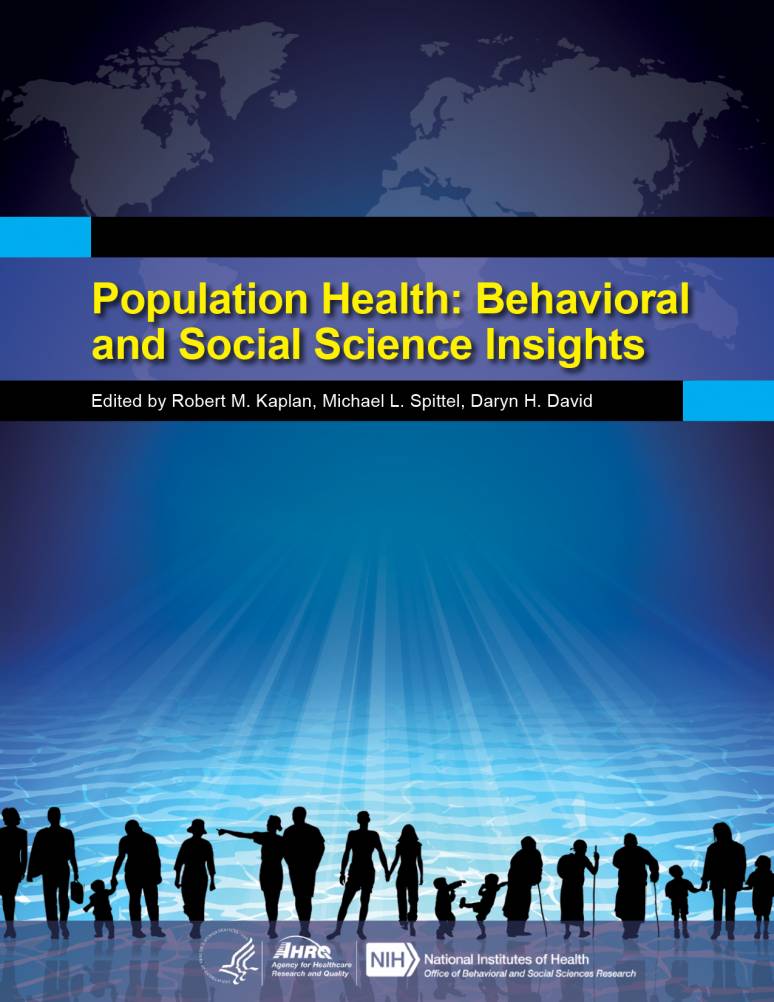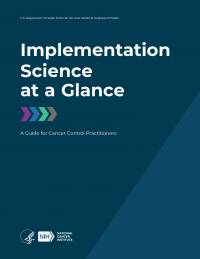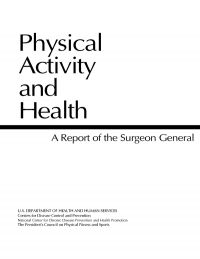
Free eBook download!
The purpose of this book is to gain a better understanding of the multitude of factors that determine longer life and improved quality of life in the years a person is alive. While the emphasis is primarily on the social and behavioral determinants that have an effect on the health and well-being of individuals, this publication also addresses quality of life factors and determinants more broadly. Each chapter in this book considers an area of investigation and ends with suggestions for future research and implications of current research for policy and practice. The introductory chapter summarizes the state of Americans’ health and well-being in comparison to our international peers and presents background information concerning the limitations of current approaches to improving health and well-being. Following the introduction, there are 21 chapters that examine the effects of various behavioral risk factors on population health, identify trends in life expectancy and quality of life, and suggest avenues for research in the behavioral and social science arenas to address problems affecting the U.S. population and populations in other developed and developing countries around the world.
Related items:
Other products produced by the Agency for Healthcare Research and Quality (AHRQ) within the U.S. Department of Health and Human Services can be found here: https://bookstore.gpo.gov/agency/343
Table of Contents:
Introduction
Innovations in Population Health Research: The Challenge
Robert M. Kaplan, Daryn H. David, and Michael J. Spittel
Section I. Demographic and Social Epidemiological Perspectives on Population Health
Income Inequality and Health: A Causal Review
Kate E. Pickett and Richard G. Wilkinson
Labor Policy and Work, Family, and Health in the Twenty-First Century
Lisa F. Berkman
Social and Behavioral Interventions to Improve Health and Reduce Disparities in Health
David R. Williams and Valerie Purdie-Vaughns
The Burden of Non-Communicable Diseases in the Developing World: A Role for Social and
Behavioral Research
Wendy Baldwin
Identifying the Principal Factors Responsible for Improvements in the Health of Populations
Samuel H. Preston
Section II. Influence of Policies Focused on Behavioral Risk Factors
Changing Population Behavior and Reducing Health Disparities: Exploring the Potential of “Choice
Architecture” Interventions
Theresa M. Marteau, Gareth J. Hollands, and Michael P. Kelly
Application of Behavior Change Theory to Preventing Unintentional Injuries
David A. Sleet and Andrea Carlson Gielen
Cigarettes: The Rise and Decline But Not Demise of the Greatest Behavioral Health Disaster of the
20th Century
David B. Abrams, Allison M. Glasser, Andrea C. Villanti, and Raymond Niaura
Physical Activity: Numerous Benefits and Effective Interventions
James F. Sallis and Jordan A. Carlson
How Health Impact Assessments Shape Interventions
Steven M. Teutsch, Katherine M. Butler, Paul A. Simon, and Jonathan E. Fielding
Behavioral and Social Science Aspects of the U.S. National HIV/AIDS Strategy (NHAS): 2010 to 2015
and Beyond
David R. Holtgrave, Cathy Maulsby, Chris Adkins, and Laura W. Fuentes
Section III. Biological Influences on Development and Subsequent Well-Being
Epigenomics and the Unheralded Convergence of the Biological and Social Sciences
W. Thomas Boyce
The Brain on Stress: How Behavior and the Social Environment “Get Under the Skin”
Bruce S. McEwen
Section IV. Value of Investing in Health Care
The Science of Making Better Decisions About Health: Cost-Effectiveness and Cost-Benefit
Analysis
Louise B. Russell
The Contribution of Behavior Change and Public Health to Improved U.S. Population Health
Susan T. Stewart and David M. Cutler
Health Economics and Improvements in Behavioral Health
Richard Frank and Sherry Glied
Evidence-Based Psychotherapies: Novel Models of Delivering Treatment
Alan E. Kazdin
Section V. Emerging Tools for Studying Population Health
Mathematical and Computational Simulation of the Behavioral and Social Drivers of Population
Health
Mark G. Orr, Bryan Lewis, Kathryn Ziemer, and Sallie Keller
Understanding the Relationship Between Education and Health: A Review of the Evidence and an
Examination of Community Perspectives
Emily B. Zimmerman, Steven H. Woolf, and Amber Haley
Aligning Medical Education with the Nation’s Health Priorities: Innovations in Physician Training in
Behavioral and Social Sciences
Jason M. Satterfield and Patricia A. Carney
Conclusion
Determinants of Health and Longevity
Nancy E. Adler and Aric A. Prather
New Directions for Behavioral and Social Science Strategies to Improve Health
Daryn H. David, Michael L. Spittel, and Robert M. Kaplan
The target audience is medical professionals and researchers. The mission of the U.S. Department of Health and Human Services is to enhance the health and well-being of Americans by providing effective health and social services and by fostering sound, sustained advances in the sciences underlying medicine, public health, and social services, through research and findings provided in publications including this one.
Product Details
- Robert M. Kaplan, Michael L. Spittel, Daryn H. David







